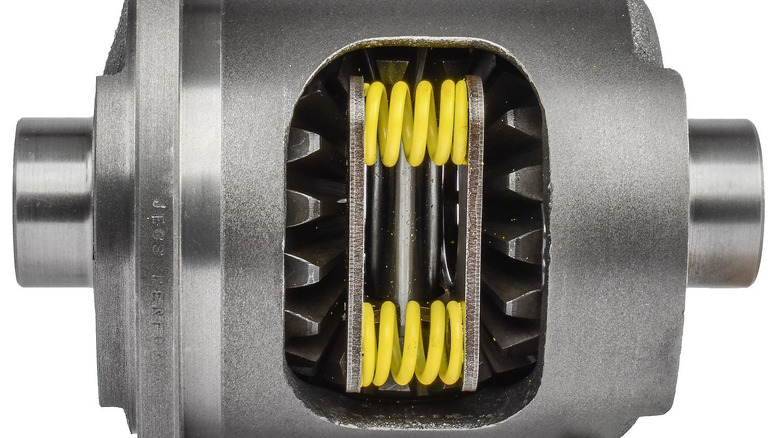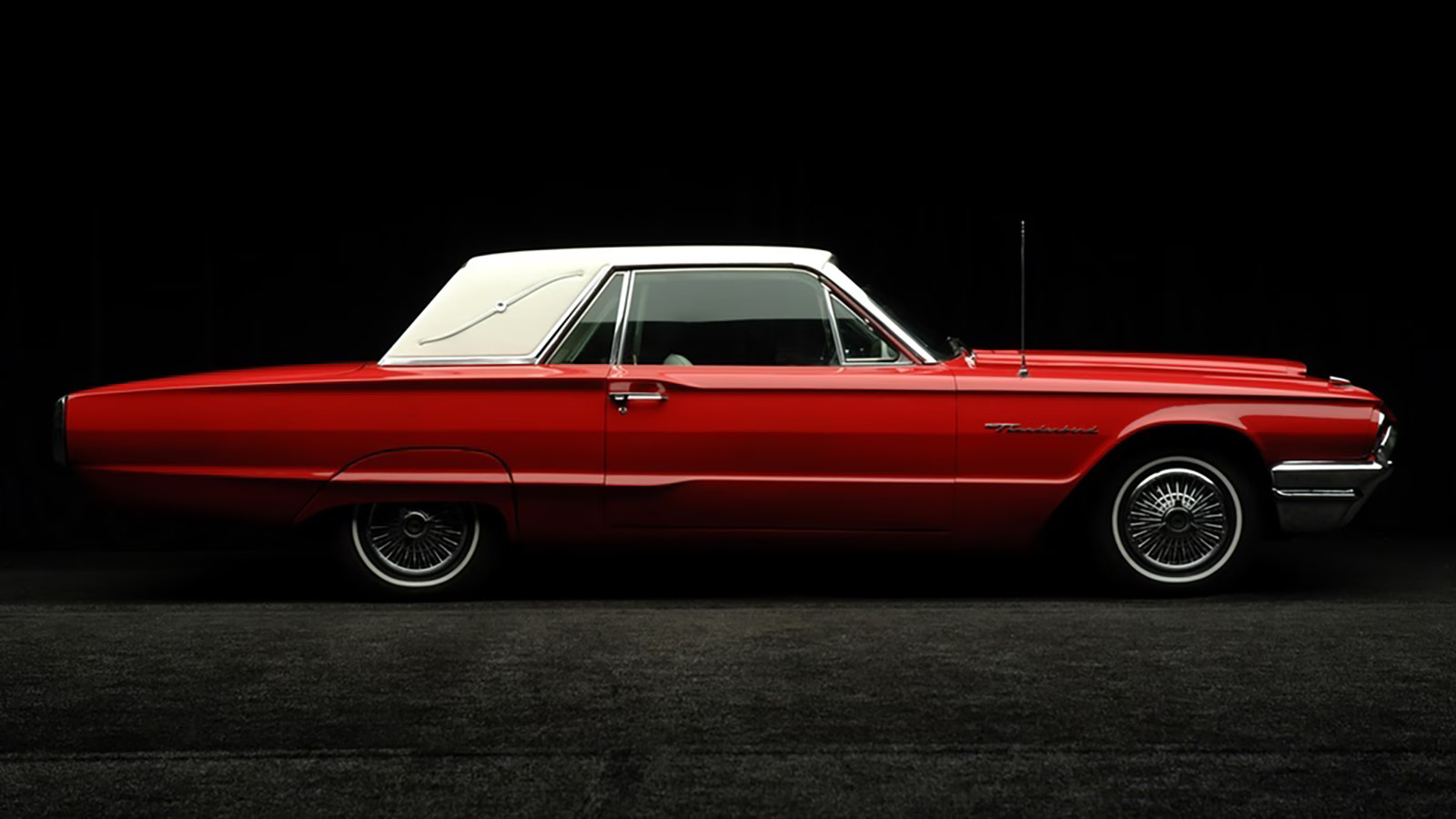Imagine driving through the city, standing on a traffic light, and when green light turns on, you push on the gas pedal. Something is wrong, because instead of a smooth start and moving in the forward direction, your car starts juddering. Doesn’t feel comfortable, is it? It may be even scary and confusing if you’ve never experienced it before.
What’s more, a juddering is also very dangerous. It may lead to your vehicle stopping at the wrong moment, or going off the track, while the traffic keeps moving forward. Uncontrollable juddering may lead to a car accident. So, in this article we are going to learn about some known reasons why your car may judder, what to do when you find yourself in this situation, and how costly it may be to do the necessary repairs.
What is a Juddering?
In short, car juddering can be any unnatural motion, but more common it feels like shacking, trembling or vibrating. Sometimes if feels like you’ve lost control of your vehicle, even though you act the same way as before.
Juddering happens only while your engine is on, but may manifest at different situations; while you are driving, standing still or trying to stop. More frequently juddering happens when you try to build up speed, but instead your car starts shaking and then abruptly stops. And sometimes it doesn’t stop until you release a gas pedal completely. This feeling cannot be ignored or overlooked, and even your passengers would notice that something is wrong.
Less common is juddering that happens when you push on the brake pedal. It may point to more serious malfunctions that require immediate attention.
How to Identify a Cause of Juddering?
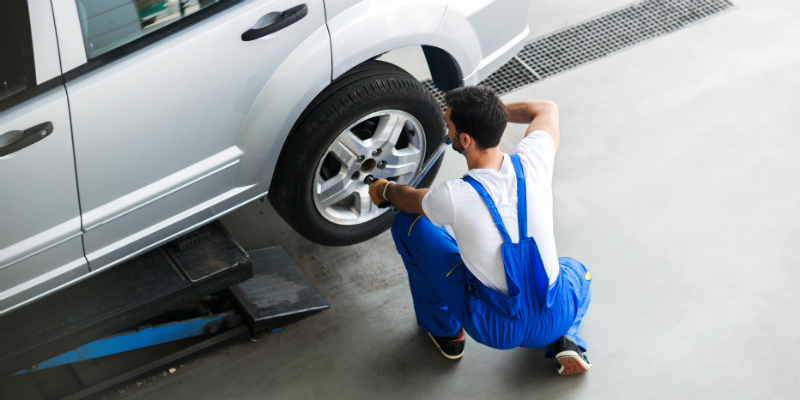
Unfortunately, it’s not quite as simple as any car owner would like it to be. Sometimes even mechanics need to do a long and thorough check-up to find a broken part responsible. All because juddering is not a reason, but a consequence. And to fix it, mechanic need to find what is the root problem causing your car to act weird.
Do you have a new vehicle?
If you experience car juddering in a new or relatively new vehicle with low mileage, it is highly unlikely that some serious breakage had happened. But such a relief only applies to vehicles that have no more than 50000 miles. And if your vehicle is still on warranty, you should immediately take it to your dealer. They will do a check-up and fix any malfunctions for free, and you won’t have to worry too much about it.
Try detecting where the sound comes from
Juddering doesn’t happen in a quiet, subtle manner. It will probably happen accompanied by your vehicle producing weird noises such as screeching, rattling and so on. This is similar to noises that can be heard when an engine misfires. And sometimes both juddering and misfiring come together.
The trick is to try and detect where exactly the noise is coming from. Most likely they would come from the engine part of the vehicle, which apparently would point towards some engine breakages. Also, noises may come from the transmission, suspension or driveshaft. If you’ve successfully identified the source of the noise, it would significantly make the job easier for your mechanic.
Is your check engine light on?
If you see that a Check Engine Light icon is lit on the dashboard, while you experience a juddering, you may try to do a fast check-up yourself. Use an OBD trouble code reader and check what malfunctions were detected by On-Board Diagnostics system.
OBD installed in your vehicle should record any malfunctions or suspicious departures from the norm in the work of different parts and systems. When you use OBD code reader, first check Active Codes menu. It stores all detected troubles that require repairs.
If no Active Codes were found, check Pending Codes. They also may be called Maturing Codes. These are codes which were detected by On-Board Diagnostic but have not been verified as malfunctions yet. It doesn’t mean that they are not breakages, it only means that OBD decided to double-check their validity.
For example, one engine misfire may happen and OBD would write it down as a Pending Code. Now On-Board Diagnostic is waiting for another misfire to happen to get it verified, and then it will be moved to Active Codes. It also means that you can use OBD scanner as a preventive method, even if Check Engine Light icon is off.
If you’ve got the codes, take your vehicle to a car service. Show the information to a professional mechanic and let him take over the repairs.
Possible Breakages That Cause Juddering
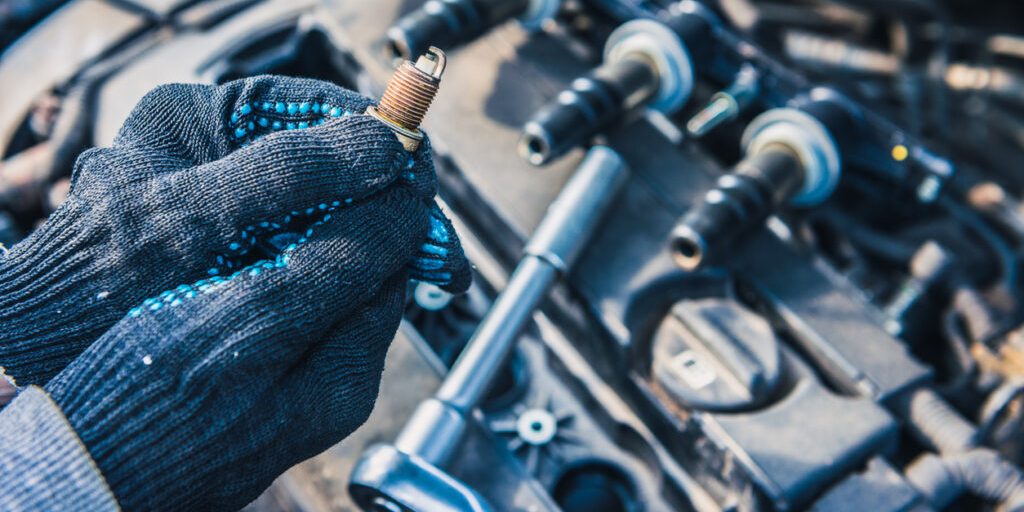
1. Worn out or dirty spark plugs. When your spark plugs malfunction, it leads to the fuel being ignited later than it’s supposed to happen. That in turn causes an engine to misfire, which can feel exactly like a juddering, especially if this malfunction was left untreated for a long period of time.
Fuel ignited in the cylinders or after going through them creates extreme temperatures. It can melt or damage other parts of your engine and exhaust system. Thankfully the damage doesn’t happen at once, it takes time for ignited fuel to affect vulnerable parts. That is why you have to take your car to a professional mechanic at the first sign of an engine misfire.
Generally, this breakage should be detected by On-Board Diagnostics and the dashboard should turn on the Check Engine Light.
2. Clogged or broken catalytic convertor. A predetermined, healthy mixture of fuel and air is needed for a normal fuel combustion and consumption. When the catalytic convertor in your vehicle malfunctions, your engine starts juddering. It happens because the engine attempts to ignite the fuel correctly in the piston chambers, but instead it blows up not in time, or not in the right proportions.
The main function of catalytic converter is clearing out carbon monoxide and other toxic gasses from the emissions produced after the fuel is burned. If it fails to do its job, you can get banned from driving after your vehicle fails smog testing mandatory in some states. In severe case, as we mentioned above, it affects not only the air outside of your vehicle, but also the engine itself.
Unfortunately, if your catalytic converter broken and cannot be cleaned or repaired, it would cost a good amount of money to buy a new one. Spare part would cost you somewhere around two thousand dollars. Plus, payment for a service would be around one hundred.
3. Clogged or broken air filter or fuel injection system. Both lead to the same problem as was described in the previous malfunction. If one or both of these parts get broken, air and fuel don’t get into the systems correctly. It leads to an engine misfire.
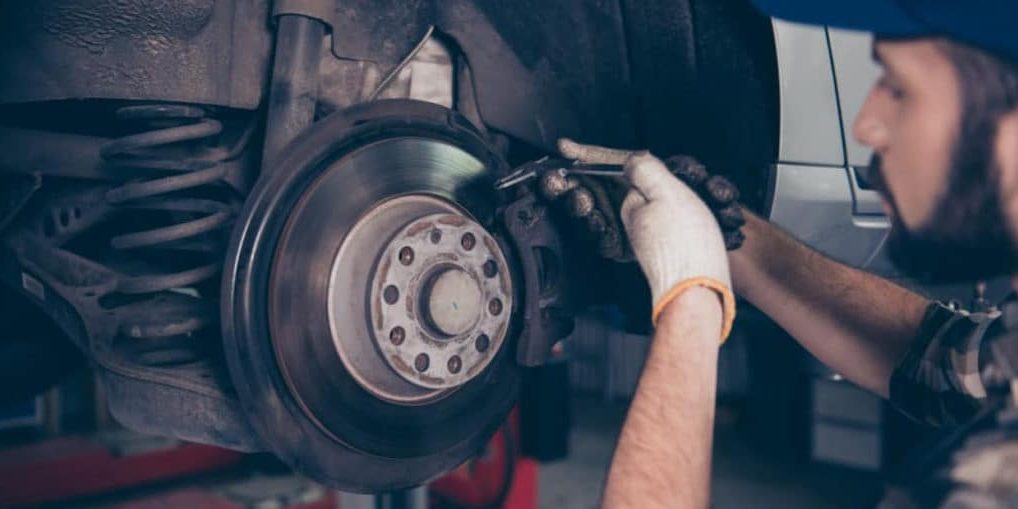
4. Worn brake discs/pads or wheel misalignment. If the root of the problem lies in these parts of your vehicle, you will experience juddering while applying brakes.
This is probably one of the most dangerous types of juddering as it can increase stopping distance of your vehicle. If such juddering would interfere with you stopping the vehicle, a car crash could happen. So, stay extremely cautious if this ever happens to you and immediately park in a safe spot or drive to a car service.
Most of the time you’ll hear loud noise when applying brakes if this is the cause of the problem.
5. Malfunction in the Clutch. Clutch is a place where your engine and transmission work together, connecting and separating when needed. If something is wrong with this system, you will experience juddering while shifting gear. Your mechanic may find that fatigued friction material was responsible for juddering. Or maybe an oil leakage would get clutch dirty, causing a problem.
Also, a malfunction of a pressure plate could be the root problem. It only applies if you have a vehicle with a manual transmission. Clutch pressure plate doesn’t stay healthy forever and may break even after thirty thousand miles.
6. Loose engine mounts. This problem can happen if your car is old enough to have fatigued engine mounts that hold it to the chassis. Get your vehicle to a mechanic, this is not a grave problem, but still requires a professional attention.
7. Condensation. Yes, you’ve read it correctly. Condensation can be a cause for juddering. It doesn’t require an attention of professional car mechanic and can be easily avoided. Just put your car in the garage for the night, or use a thermal cover if you don’t have anywhere to park your vehicle. Thermal covers are very cheap, you can buy one for about ten dollars.
Conclusions
If you experience a juddering, it’s never a good idea to postpone a check-up. Don’t put yourself and others at risk, and don’t torture your vehicle. Uncured juddering always leads to more malfunctions and unexpected accidents on the road.
If it turns out that repairs would cost you too much, then probably it would be better to sell your car (don’t forget to mention vehicle’s problems to a buyer) and buy a new one.
Stay safe on the road and keep your car healthy!

